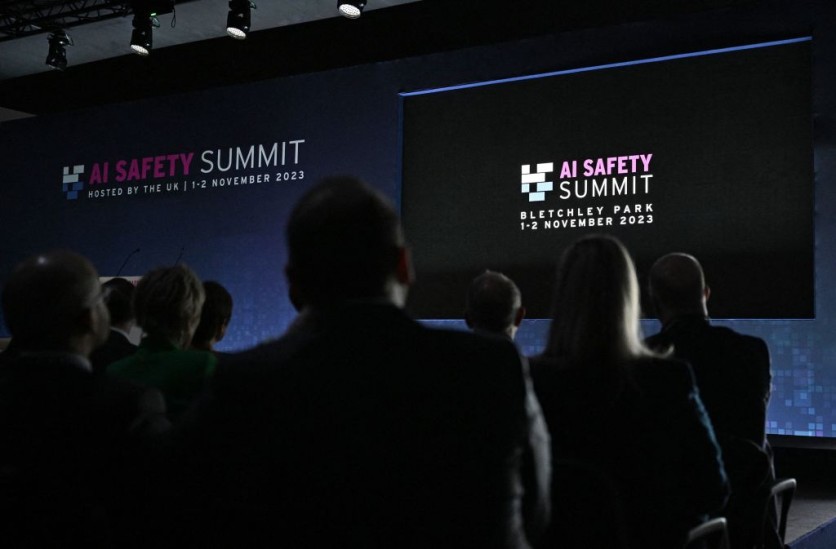Artificial intelligence's rapid development is said to have tech CEOs worried, and big tech is hiding its inherent risks, as warned by leading scientist and AI campaigner Max Tegmark.
Tegmark allegedly attacked the big businesses for bringing about what they saw as an inevitable future, saying that they had duped everyone into obliging to the very genuine existential threat that the development of extraordinarily potent technology posed.
Tegmark emphasized the urgent necessity for stringent control on the developers of the most cutting-edge AI programs before it is too late during a speech at an AI Summit in Seoul.

He asserted that there is a genuine risk that we could "lose control" over AI after we have created something that cannot be distinguished from a human or if it has passed the "Turing test." To put it briefly, no one on earth can predict with certainty what will happen when artificial general intelligence (AGI) is developed and used globally.
Creating a supercomputer capable of comprehending human nature on a deeper level than the most potent weaponry ever created is far more complicated.
Tech companies are already engaged in a technological race to develop artificial general intelligence (AGI), which could one day learn new information quickly and comprehend the world just like humans do. Once that's accomplished, it's impossible to predict how quickly it will change or whether its decisions will always serve humankind's interests.
Read Also : California Bill to Regulate AI Use by State Agencies Passes Third Reading in State Senate
Warnings Against AI's Rapid Development
Tegmark's remarks are consistent with a recent study from the "Godfathers of AI," warning that major advancements in the rapidly developing field will be too great for government protection. Twenty-five specialists participated, including Yoshua Bengio and Geoffrey Hinton, two of the "godfathers of AI."
Scholarly research suggests that if technology develops swiftly, government safety foundations with stronger standards should be implemented to address extreme AI concerns during rapid advancement.
Moreover, it calls for tighter risk-checking guidelines for tech corporations, more funding for recently established groups such as the AI safety institutes in the US and the UK, and restrictions on using autonomous AI systems in crucial societal roles.
According to the text, "we" are ill-equipped to handle these hazards, which is a grave warning. Humans are spending more resources on making AI systems more capable than ensuring they are safe and reducing any bad consequences they may have.
Demand for AI Regulation in Japan
The demand for AI regulation is growing louder globally. Only in April did Nippon Telegraph and Telephone (NTT) and Yomiuri Shimbun Group Holdings purportedly advocate for the quick implementation of AI regulation, expressing worries that unchecked AI could cause social unrest and incite conflict.
Even though the Japanese companies' written credo emphasized the potential advantages of generative AI in boosting productivity, the technology was generally viewed with skepticism.
It was stated that AI systems have already started to violate human dignity since they are sometimes made to grab users' attention without considering truth or morality.

ⓒ 2025 TECHTIMES.com All rights reserved. Do not reproduce without permission.




